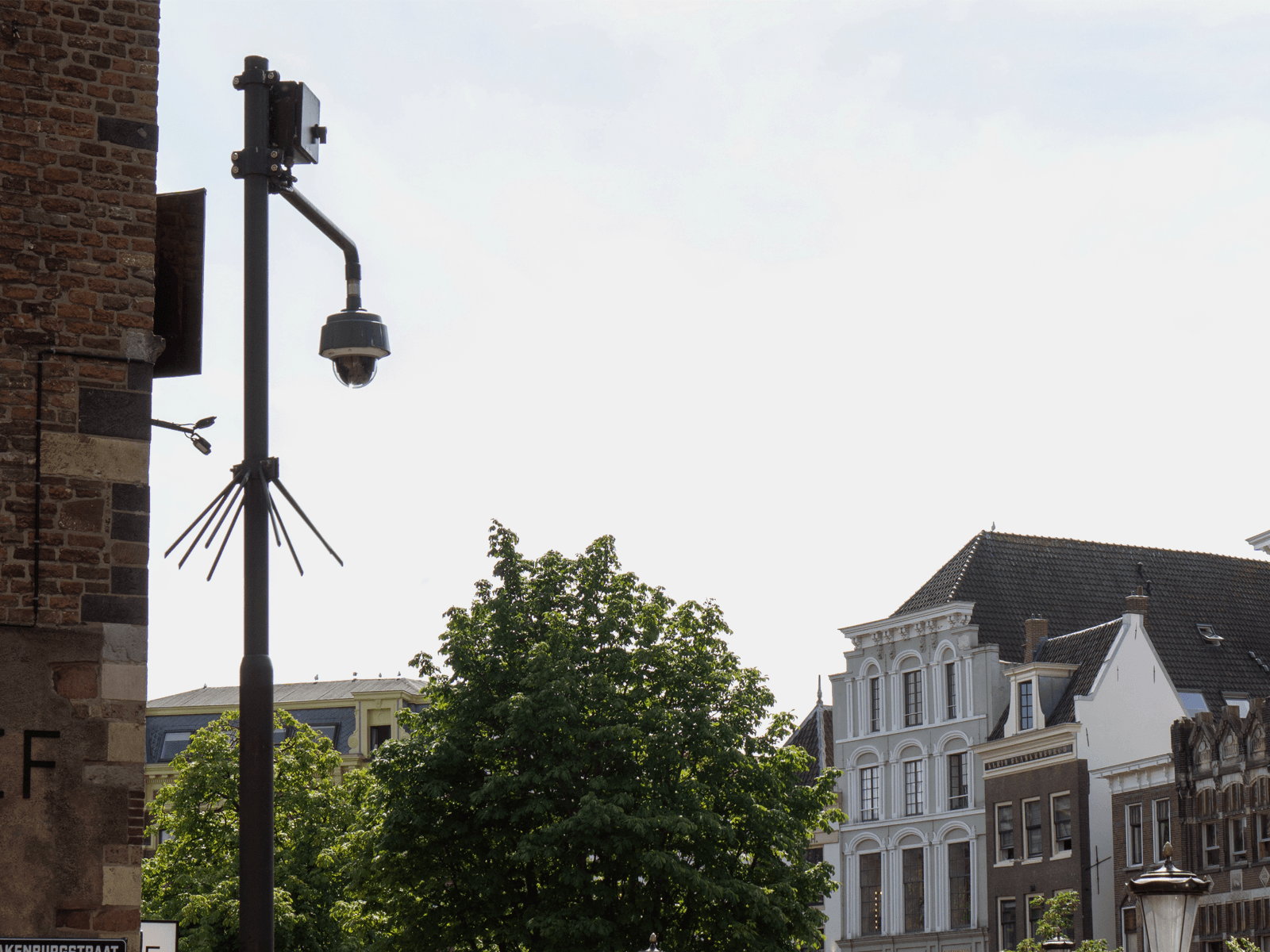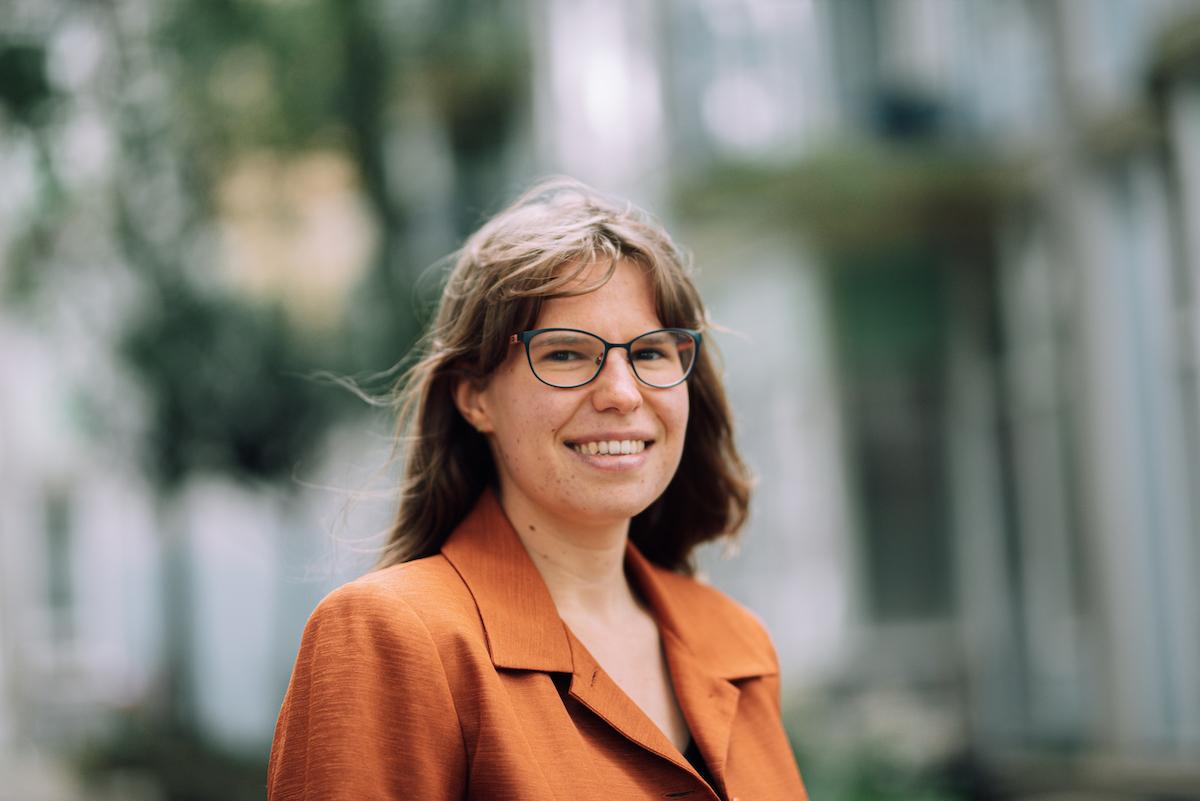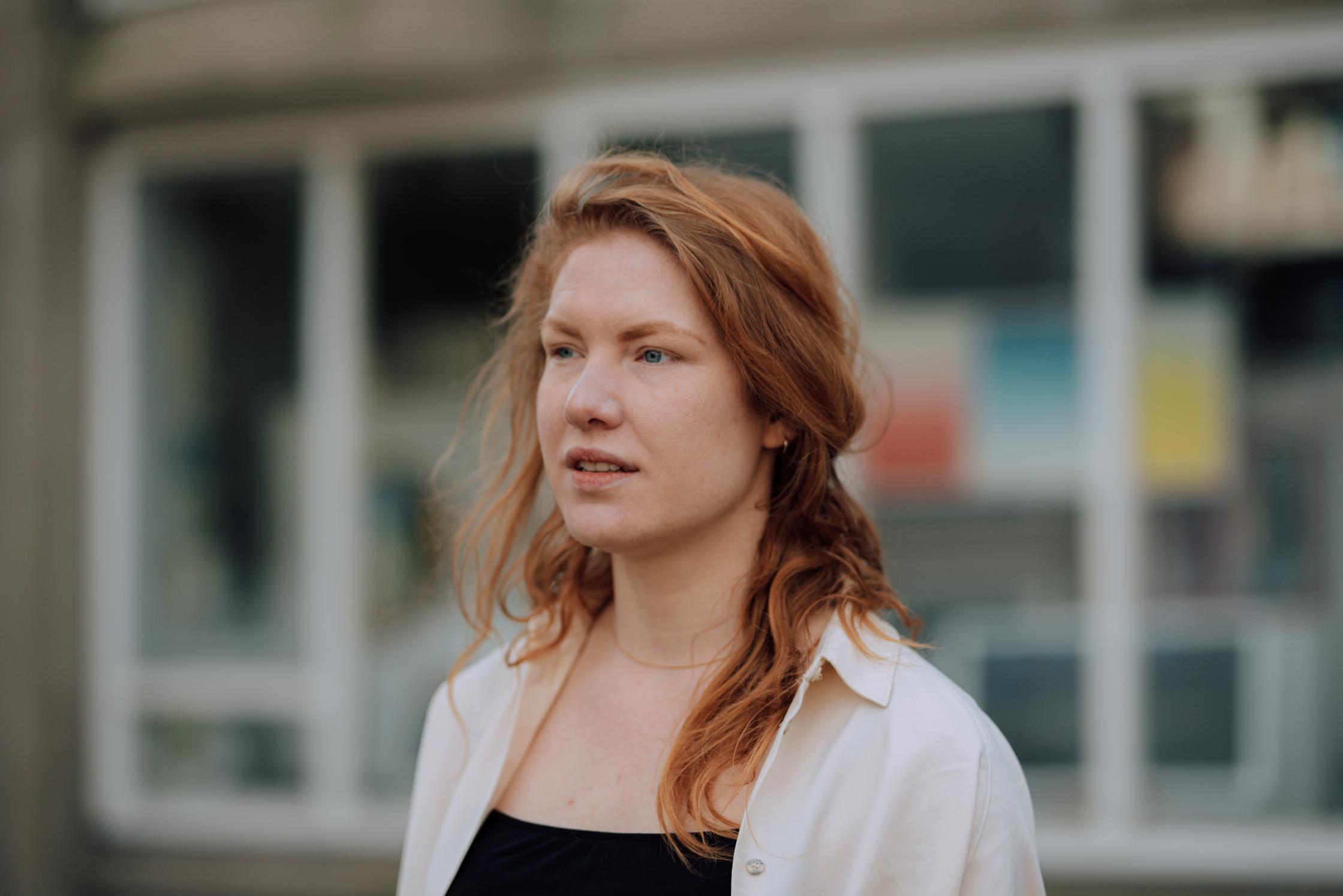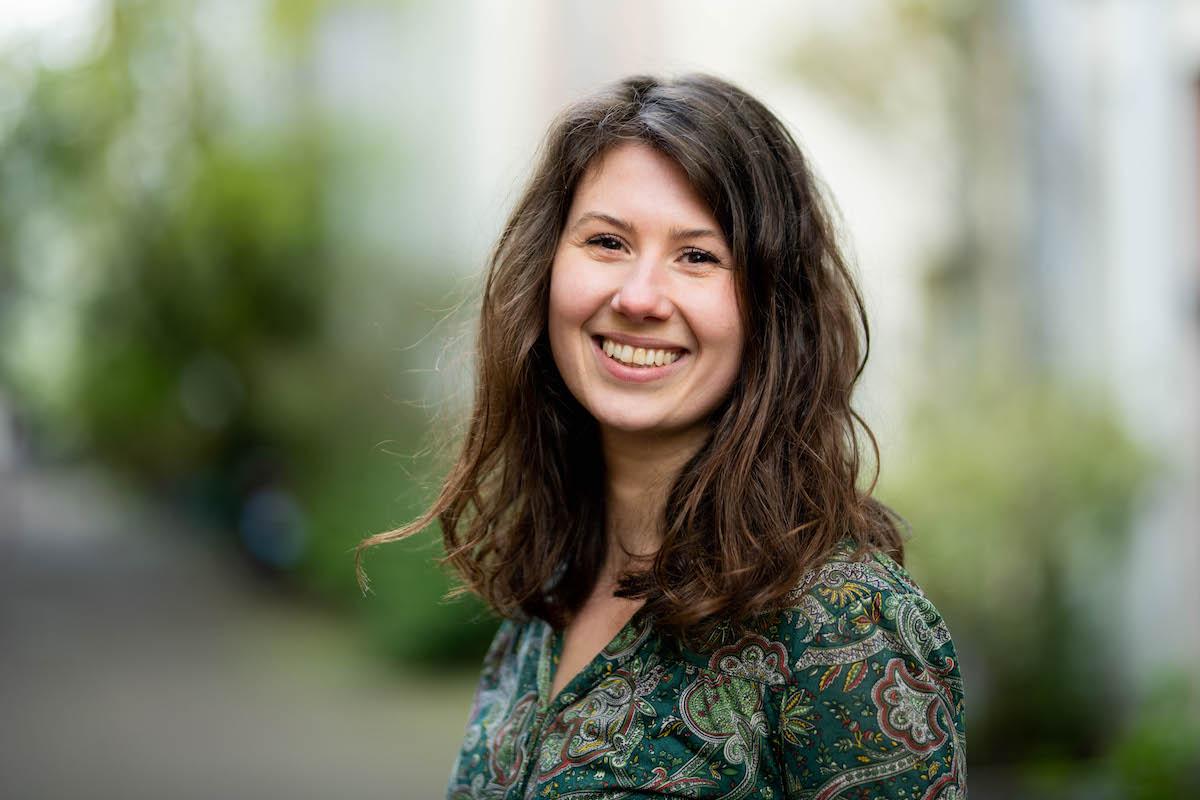
Human Values for Smarter Cities
From scancars to smart traffic lights and security cameras, urban development deploys smart city technologies in public spaces in all sorts of ways.
Implementing such technology leads to all kinds of challenges in terms of incorporating public values. How do we want privacy to be protected? And what do these technologies mean for social issues like poverty, loneliness, or (in)equalities?
To protect public values, various parties and governments have established ethical guidelines to the implementation of smart city technologies. But in practice, it often proves difficult for governments, municipalities, developers and designers to translate these ethical guidelines into concrete requirements and design.
Human Values for Smarter Cities
Waag Futurelab participates in the Human Values for Smarter Cities project of the Hogeschool van Amsterdam. The Human Values for Smarter Cities focuses on integrating public values into both the design and implementation of smart city technology in public space.
Human Values for Smarter Cities consists of three parts:
- translating public values into concrete requirements for the technology
- developing guidelines for designers to meet these requirements
- developing methods for involving society in both processes
Within this project, Waag Futurelab focuses on the procurement process. Through interviews, workshops and other co-creative methods, Waag Futurelab investigates public procurement. How can public values be retrieved during this process? And how do public values remain safeguarded in the further application of the technology?
Together with stakeholders - public parties, developers and designers - we develop a sustainable method to secure public values in the application of smart city technology in public space at an early stage. A public-civil partnership in the field of procurement like this is necessary for future-proofing the living environment.







